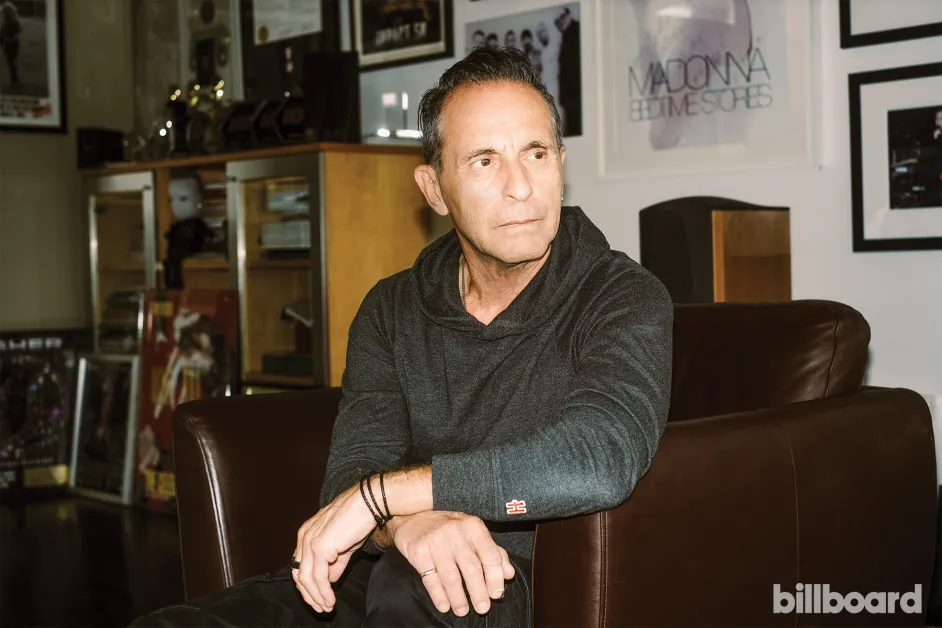
When fans packed Toronto’s Rogers Stadium in August for Oasis’s reunion, Arthur Fogel monitored a looming storm with steady focus. As chairman of global music and president of global touring at Live Nation, he has built a reputation for staying calm under pressure. That composure has helped him guide artists through unpredictable challenges while shaping the modern live music industry.
Local Roots to Global Stages
Fogel’s journey began in Ottawa, where he grew up before moving to Toronto’s rock scene. He started as a drummer but quickly realized his future lay in management rather than performance. After working at The Edge nightclub, he joined Concert Productions International under Michael Cohl. Together, they organized The Rolling Stones’ 1989 Steel Wheels tour, a massive 115-show run across 19 countries. This experience gave Fogel the foundation to manage global tours on a scale few had attempted. By 2005, he had become Live Nation’s president of global touring, leading projects for U2, Madonna, Sting, and later Beyoncé.
Over the years, Fogel developed a leadership style that blends calm decision-making with long-term artist relationships. Bono once explained that artists trust him because “he’s calm.” Fogel himself emphasizes an “anti-transactional” approach, focusing on trust and collaboration rather than short-term deals. As a result, artists like Lady Gaga and U2’s The Edge describe him not only as a partner but also as a friend. Moreover, his global perspective has expanded the touring market from 20 countries to nearly 80, opening opportunities for artists across genres, including Latin stars like Bad Bunny.
Spectacle and Scale in Modern Touring
The scale of his productions reflects his taste for spectacle. Madonna’s free Rio concert drew 1.6 million fans, while Coldplay set records with a 10-night run at Wembley Stadium. Gaga’s Mayhem Ball launched at Coachella with dazzling choreography, and U2 opened Las Vegas’s Sphere with a groundbreaking residency. These shows demonstrate how Fogel combines creativity with logistics, ensuring that artists deliver unforgettable experiences. Furthermore, he recognizes industry shifts: stadium concerts, once reserved for legends, now attract newer acts thanks to fans’ desire for community and cultural connection.
As 2025 closes, Fogel reflects on a business that remains strong despite the physical demands of managing overlapping mega-tours. His story highlights the importance of vision, resilience, and trust in building sustainable success. For fans, his work creates nights they will never forget. For artists, his guidance transforms ambition into history.








